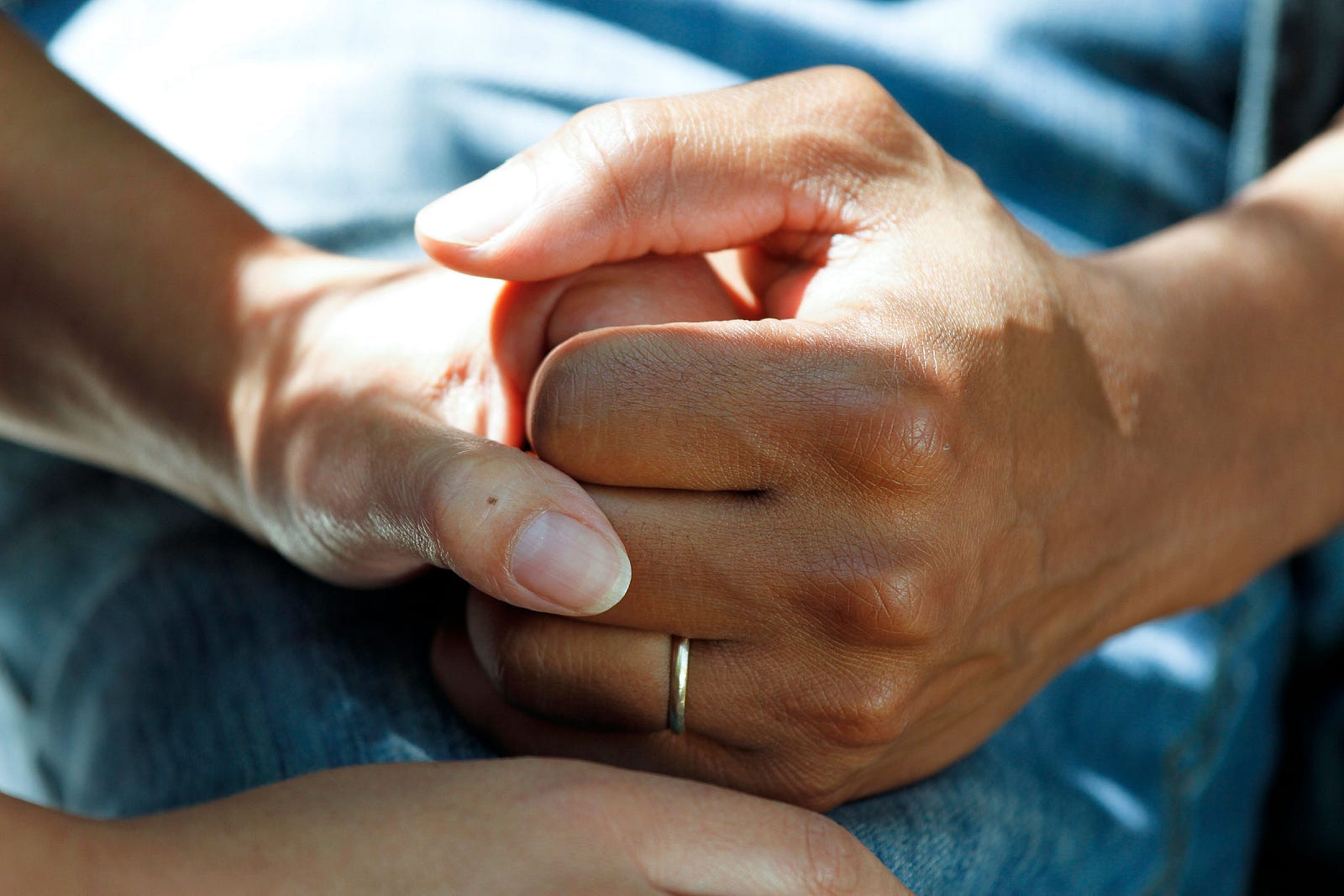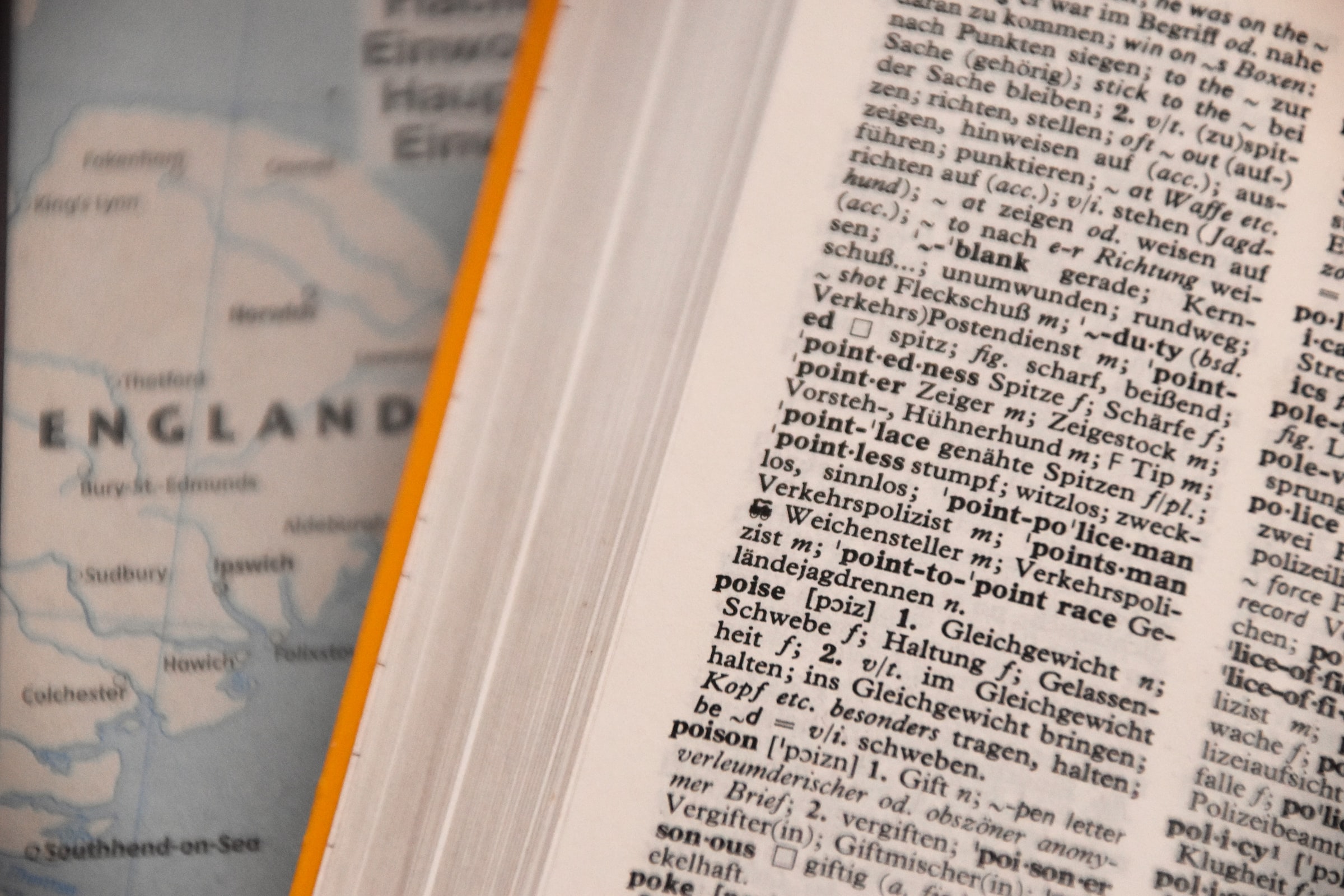PLAB Made Easy: Interview Series ( Part 2)
To begin, I would like you all to think about how you would answer this question first rather than going forwards to the answer which I provide here. This will help you reflect on your view of the question and help in strengthening your concepts of answering questions in interviews.

Tell us about a situation where you dealt with a difficult patient at work?
I would like you to pause now and think about how you would answer this question.
Let’s see how you should ideally answer this question.
Answer
When you are dealing with such a question, remember the STAR structure.
STAR structure helps you to provide complete answers when specific questions are asked.
S- Situation
T- Task
A- Action
R- Result / Reflection
Let’s explore all of these in detail and try to frame an answer.
Situation (S)
Describe what the difficult situation was and aim to make the description concise but informative at the same time. Explain how the scenario began and why it was difficult for you.
Model Answer
I was called to see a patient who was being abusive in the A&E department. As I arrived there, I could hear him shouting loudly. As I was the only junior doctor around and I had not dealt with aggressive patients before, the situation was difficult for me.
Task (T)
Talk about what goals did you aim to achieve during the scenario.
Model Answer
As I arrived in the A&E, I had to address two main issues. I had to console the patient, find the reasons for his behavior, and try to solve his problem. At the same time, I had to ensure that I, other patients, and staff are safe.
Action (A)
Talk about what you did, how you did, and why you did it.
Model Answer
I asked the senior A&E sister to look after the patients and staff around and call for security if the situation got worse. At the same time, to calm the abusive patient, I took them to a separate room. I asked another colleague of mine to follow me for personal safety. I consoled the patients, listened to their views and addressed their issues during the discussion.
Result & Reflection (R)
Explain the ending of the scenario and conclude the scenario with a summary. Also, reflect on how the scenario affected you.
Model Answer
After the discussion, the patient calmed down. He said that he felt that there was someone who was listening to him and was happy with how the situation was dealt with. He decided not to make a complaint about the way better communication was not addressed when he came to A&E.
During the scenario, I showed the skills of leadership, effective communication, and patient safety at the level of a junior doctor.
Reflecting upon the scenario, I learned how small misunderstandings and lack of communication can escalate to major problems. I also learned how effective listening can help in sorting out problems in difficult scenarios with aggressive patients.

To summarise
Question
Tell us about a situation where you dealt with a difficult patient at work?
Complete model answer
I was called to see a patient who was being abusive in the A&E department. As I arrived there, I could hear him shouting loudly. As I was the only junior doctor around and I had not dealt with aggressive patients before, the situation was difficult for me.
As I arrived in the A&E, I had to address two main issues. I had to console the patient, find the reasons for his behavior, and try to solve his problem. At the same time, I had to ensure that I, other patients, and staff are safe.
I asked the senior A&E sister to look after the patients and staff around and call for security if the situation got worse. At the same time, to calm the abusive patient, I took them to a separate room. I asked another colleague of mine to follow me for personal safety. I consoled the patients, listened to their views and addressed their issues during the discussion.
After the discussion, the patient calmed down. He said that he felt that there was someone who was listening to him and was happy with how the situation was dealt with. He decided not to make a complaint about the way better communication was not addressed when he came to A&E.
During the scenario, I showed the skills of leadership, effective communication, and patient safety at the level of a junior doctor.
Reflecting upon the scenario, I learned how small misunderstandings and lack of communication can escalate to major problems. I also learned how effective listening can help in sorting out problems in difficult scenarios with aggressive patients.

NbromlesZca-tsu James Homula Download
ReplyDeleteblactabgogo
AefreMacdzu_1989 Jay Sharp Wondershare Repairit 4.0.5.4
ReplyDeleteAny Video Converter
MAGIX Samplitude Pro X7 Suite 18.1.0.22382
Check it
lopapaber